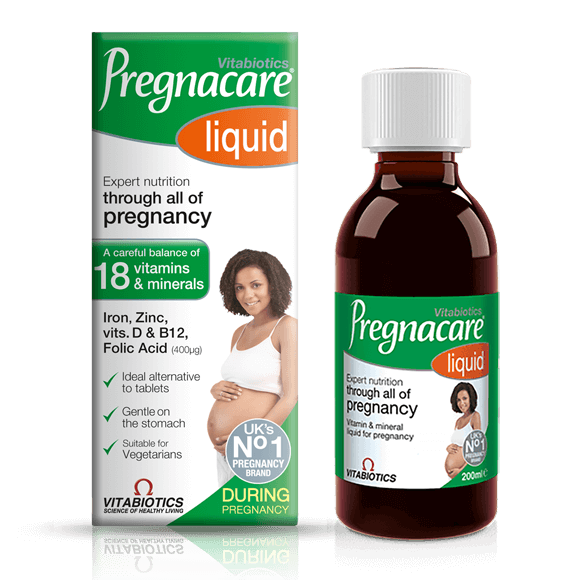Here's Our Pregnacare A-Z Guide To Pregnancy & Nutrition - The Letter V
Are you pregnant? Make sure you read our Pregnacare A-Z of Pregnancy and Nutrition, covering everything important for parents-to-be. Next, we take a look at the letter V during pregnancy
Our Pregnacare A-Z is a series of posts, one for each letter of the alphabet, designed to help you understand your nutritional needs, how they change and the best foods to choose during pregnancy and breast-feeding.
This A to Z answers many of the important questions mums-to-be have about pregnancy and nutrition. It covers everything from antenatal care through to water intake, via pregnancy vitamin supplements. You can download the full version of the guide in PDF format here.
If you have any further questions, make sure you ask your midwife or GP.
Pregnacare A-Z Of Pregnancy And Nutrition – What Does The Letter V Stand For?
Vegetables
How Many Portions Of Vegetables Should I Eat Per Day During Pregnancy?
Eat plenty of fruit and vegetables (at least 5 portions each day) to boost vitamin and mineral intakes whilst pregnant.
Wash or peel fruit and vegetables before eating.
Vegetarian And Vegan Diet
Can I Still Eat A Vegetarian Or Vegan Diet During Pregnancy?
Vegetarian and vegan pregnant women can still enjoy a carefully planned vegetarian/vegan diet. There are many health benefits to vegetarian and vegan diets, but pregnant women need to take
extra care to get enough of the nutrients more easily supplied in non-vegan/vegetarian diets, especially protein, iron, zinc, vitamin D, calcium and vitamin B12. Read our posts on how to have a healthy vegan pregnancy and how to have a healthy vegetarian pregnancy.
Vitamin K
What Is Vitamin K And Why Is It Routinely Given To Newborn Babies?
Vitamin K is offered to the baby after birth either orally (3 doses) or injection (1 dose) to help prevent a rare bleeding disorder called haemorrhagic disease of the newborn.
Your midwife should discuss the injection with you while you are pregnant. This is because newborns are born with low levels of vitamin K which contributes to normal blood clotting. This leads to a decrease in vitamin K-dependent blood coagulation factors, making some newborns more susceptible to haemorrhage in the first several days of life until vitamin K is manufactured in their bodies.*
Babies will produce their own vitamin K as they start digesting milk, therefore, early and regular (or unrestricted) feeding is important.
*(Cunningham et al. 1989:611)







Comments (0)